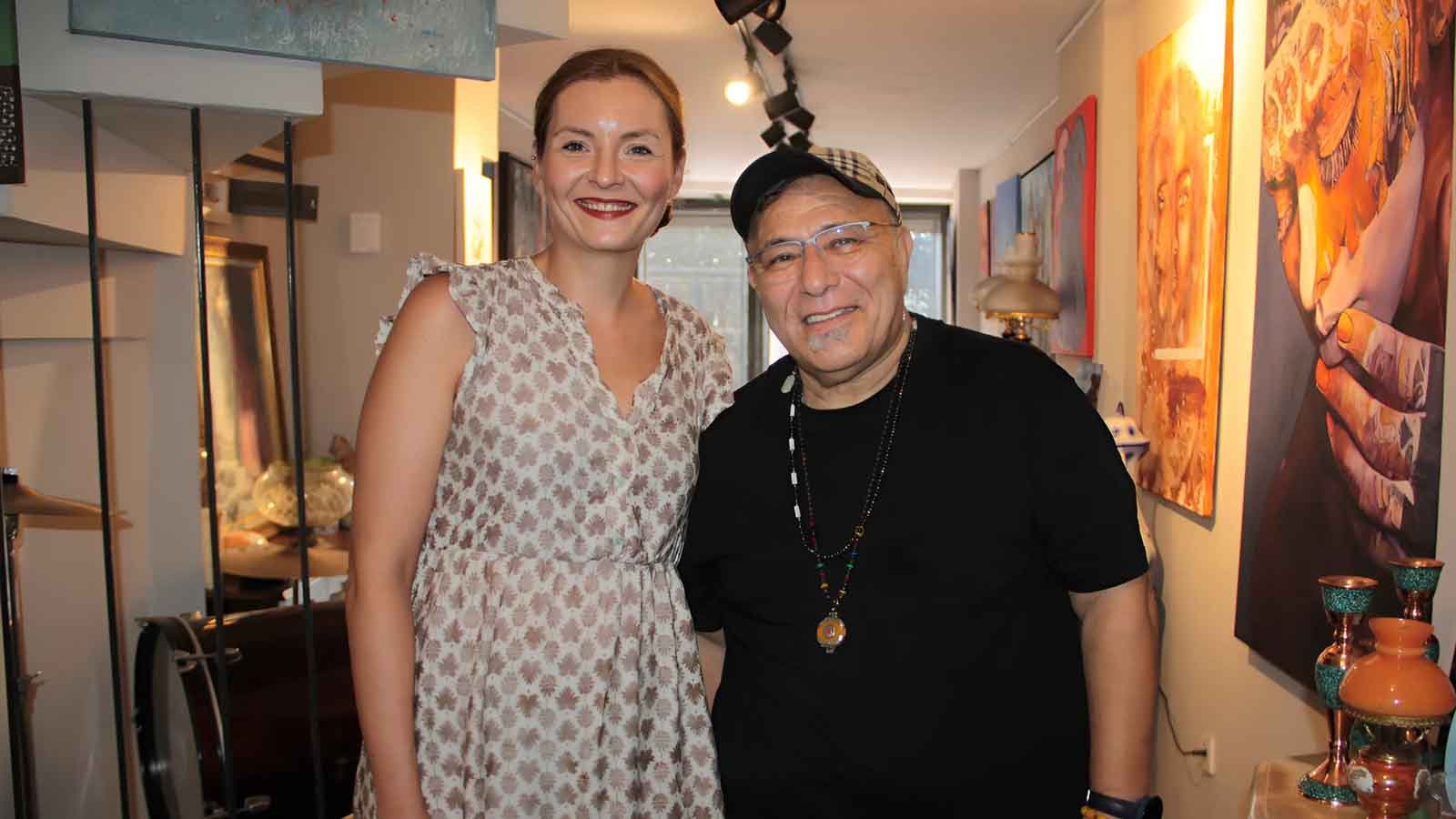The housing and rental crisis in Turkey is growing. The increase in housing rents that started with the pandemic process in 2020 and later gained momentum due to the effect of exchange rate increase is now out of control. One of the significant reasons for this increase is attributed to rentals made to foreigners. So, how many foreigners live in Turkey, and what is their impact on housing rents? The President of TÜGEM, Hakan Akdoğan, says that it is not right to attribute rent increases only to foreigners.
In Istanbul, the average rent has exceeded 13,000 Turkish Liras
While the increase in housing rents in Istanbul does not slow down, the average rent has exceeded 13,000 Turkish Liras. According to a real estate platform’s research, rents increased by 11% monthly in March. The increase exceeded 140% compared to the same month of the previous year. The rental value of the apartment was 130 Turkish Liras per square meter.
Sarıyer is the district with the highest housing rents
In Sarıyer, a 36-square-meter apartment can be rented for only 10,000 Turkish Liras. In Beşiktaş, for the same amount, you can live in a 39-square-meter apartment. Beyoğlu follows Beşiktaş with 52 square meters, Kadıköy with 53 square meters, and Şişli with 55 square meters. The district with the cheapest rents is Silivri. 10,000 Turkish Liras cover the rent of a 167-square-meter apartment. Then, Arnavutköy with 152 square meters, Çatalca with 145 square meters, Sultanbeyli with 139 square meters, and Sultangazi with 130 square meters follow.
1.3 million foreigners officially reside in Turkey
Turkey is the country that hosts the most refugees in the world. According to the data of May 4, 2023, Turkey has 1 million 307 thousand foreigners living with official residence permits, excluding 3 million 395 thousand 909 Syrian refugees. Russian citizens rank first with 147,717. Ukrainian citizens are in the 9th place with 44,000.
The number of foreigners in Turkey is approaching 6 million
According to the data of the Directorate General of Migration Management of the Ministry of Interior, as of May 4, 2023, there are 1 million 307 thousand 847 foreigners living in Turkey with official residence permits. In 2005, the number of foreigners with residence permits was 179,000. The number of foreigners exceeding 400,000 in 2015 reached 856,000 in 2018. In 2019, the number of foreigners in Turkey with residence permits exceeded 1 million for the first time, reaching 1 million 101 thousand. This number has been over 1.3 million for the last three years.
More than half of foreigners live in Istanbul
Hakan Akdoğan, the President of TÜGEM, evaluated the share of foreigners in the increase in housing rents and drew attention to Istanbul as the province where the highest number of Syrians under temporary protection reside. Akdoğan stated:
“Under temporary protection, Istanbul has the highest number of Syrian citizens with 531,055 people. The proportion of registered Syrians in Istanbul to the total population of the province is 3.23 percent. There are 680,280 foreigners living in Istanbul with residence permits, including those with family, student and short-term residence permits. It is not possible to say that the increase in rents is solely due to foreigners. However, there is an effect of Russian Federation citizens and Syrian citizens in some provinces like Istanbul and Antalya. We have districts in Istanbul where the residence of foreigners is dense, and some neighborhoods in these districts do not allow new residency. Fatih is one of our busiest districts in this regard. In addition, Esenyurt, Beyoğlu, and Zeytinburnu can be considered as the dense ones.
Districts closed to residence permits for foreigners
Akdoğan stated that some neighborhoods in Şişli, Beşiktaş, Beylikdüzü, Küçükçekmece, Sarıyer, Ümraniye, and Tuzla are closed to residency permits and added, “Taking into account the foreign density in various regions of our country, our Ministry has closed 781 neighborhoods in certain provinces for temporary protection, international protection, residence permits, and changes of residence for foreigners under temporary or international protection, except for newborn and nuclear family reunification. As of July 1, 2022, the number of closed neighborhoods has been increased to 1,169, and the closed neighborhoods are listed below.”
Source: (BYZHA) Beyaz Haber Ajansı




























